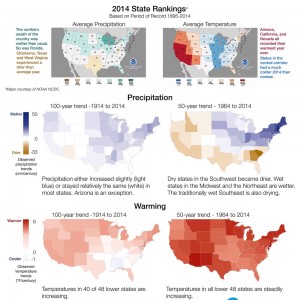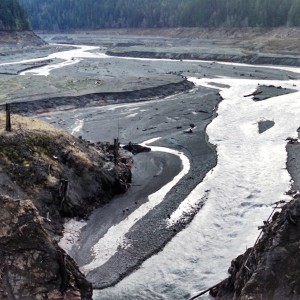The Stream, January 28: Obama’s Visit to India Does Not End in a Climate Deal
The Global Rundown |
Barack Obama failed to secure a firm commitment on carbon emissions during his recent trip to India, but Florida Governor Rick Scott is making a firm financial commitment to the Everglades. Groundwater in Lahore, Pakistan is declining rapidly, and taps in Blantyre, Malawi are still running dry following flood damage three weeks ago. The Australian state of New South Wales has suspended the license of a fracking operation on suspicions of water pollution.
“But here’s the truth: Even if countries like the United States curb our emissions, if countries that are growing rapidly, like India, with soaring energy needs don’t also embrace cleaner fuels, then we don’t stand a chance against climate change.” — Barack Obama, President of the United States, in a farewell speech at the end of his recent visit to India. Following Obama’s historic climate deal with China made last year, some were expecting a similar outcome from the President’s trip to India, but they were disappointed. (New York Times)
By The Numbers |
21 days – Amount of time that thousands of residents of Blantyre, Malawi have been living without running water. Water supply was interrupted by floods on January 7th, and has not yet been restored, leaving residents to drink from untreated and potentially contaminated sources. Bloomberg News
$US 5 billion – What Florida governor Rick Scott has proposed to spend on restoring the Everglades over the next 20 years. Scott is including the proposal in the new state budget. Reuters
Science, Studies, And Reports |
Groundwater in the city of Lahore, Pakistan is being withdrawn more quickly than it is being recharged, according to a study by WWF-Pakistan in conjunction with the Cleaner Production Institute (CPI). If current rates of withdrawal continue, the water table will drop at a rate of 0.55 meters per year. The Nation
On The Radar |
The Australian state of New South Wales has suspended the license of a fracking operation owned by AGL Energy Ltd. after banned chemicals were found in nearby waters. AGL says that the chemicals, which include benzene, toluene, ethylbenzene and xylene (or BTEX) were naturally occurring and are not being used in fracking operations. Reuters
is both a scientist and a journalist, she holds an MS in Environmental Engineering from Michigan Technological University, and she brings proficiency in ESRI’s ArcGIS mapping software.






Leave a Reply
Want to join the discussion?Feel free to contribute!